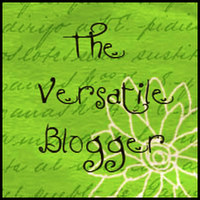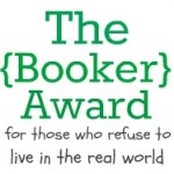"This is too British for the American market" = I have no idea what this is about
"There is such excitement in-house" = my assistant loved it.
"All our focus is on the paperback"= the hardback tanked.
"Multi-layered" = too many characters.
"Extraordinary breadth" = too many scenes.
"Epic" = too long.
"Desperate to buy it but marketing/sales just couldn't see it"= why did you send me this?
"Well-researched" (for fiction) = maybe try writing nonfiction
"Sadly we are publishing a similar book to this next spring"= it too has a beginning, middle and end.
"I enjoyed the book so much, i finished it, even though I shan't be making an offer"= I read the first & last chapter.
"This novel is too commercial for our list"= I could have written it.
"This is too literary for our list" = it's boring.
"Though, at times, an exhilarating read, I found the tone of the novel to be uneven" = hysterical nonsense.
"The novel never quite reached the huge potential of its promise" = your pitch letter was better than the book.
"The manuscript is nearly finished" = I'm up to chapter 3.
"I don't quite love it enough" = I fell asleep reading it!
"A compulsive read" = I've got insomnia.
"I just don't love the book ENOUGH" = I hate it.
"Genre-busting" = Unmarketable but another editor pissed me off recently so I'll recommend it to them.
"My muse" = the poor sod I plagiarized.
"You should hear back from us in January" = of 2015.
"I didn't feel enough empathy w/ characters." = I suspect author may be nut job.
"Laugh-out-loud funny" = it might just make you smile, once.
"You might consider reworking the opening section" = you spelt your name wrong.
"You have a unique world view" = you are totally bonkers and probably the next Unabomber.
"It's not one for us.'" = I'm glad to get this pile of old tosh off my desk.
"The author is highly promotable" = the author is smoking hot.
"Just a couple of tiny changes needed." = I'm about to send you 27 pages of edits.
"It's a new classic." = same as an old classic but the names are changed and it probably has vampires.
"I couldn't put it down!" = the printer used cheap glue on the spine.
"We're expecting the trade paperback to do better" = uh oh start thinking about writing the next under a pseudonym.
"We have a very strong online campaign for your title" = we're using all the inhouse blogs/newsletters but not spending $.
"Complex thriller" = even the editor had trouble following the plot but you love the author don’t you?
"Literary-commercial cross-over" = has a plot but not too many adverbs.
I want to state first of all I am not a sour puss. I like humor, and I like dark humor even better. I can understand that people under stress make up their own inside jokes. In fact I was surprised the following old standby was not included:
"You manuscript is both good and original" = the part that is good is not original, and the part that is original is not good.
But I want to say the following:
From my perspective these people hold the hopes and dreams of thousands of authors in their hands. I recognize they are burdened with the impossible job of judging whether the many manuscripts that pass through their hands are good enough for publishing, and I sympathize with them; really. However, whether they think about it this way or not, their job is to squash the majority of these hopes and dreams. We will never know how many talented authors who deserved to be published were denied entrance through these gates and whatever became of them.
So if you think about it this way it's not funny anymore. But I understand. It's a business; only a few make the grade. And it's a tough job; somebody's got to do it. Fine, I get it. And until recently if you wanted to publish you had to go through this gauntlet and your book would have probably provided more fodder for some of these inside jokes.
However, now all that has changed.
With self-publishing and the e-book revolution we can bypass these gates, these gatekeepers, and these jokes. We can take our work directly to the readers and let them decide whether our work meets their expectations.
Finally:
Why did the self-published book cross the road?
Because it was too original and subtle for the side of the road it was on.
Now, that's funny! : ^ D
***
If you like this blog you can have links to each week's posts delivered to your e-mail address. Please click here.

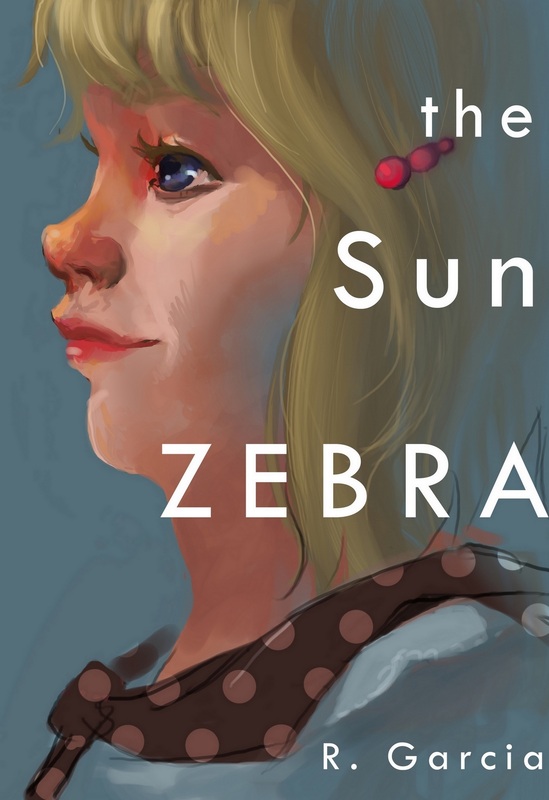

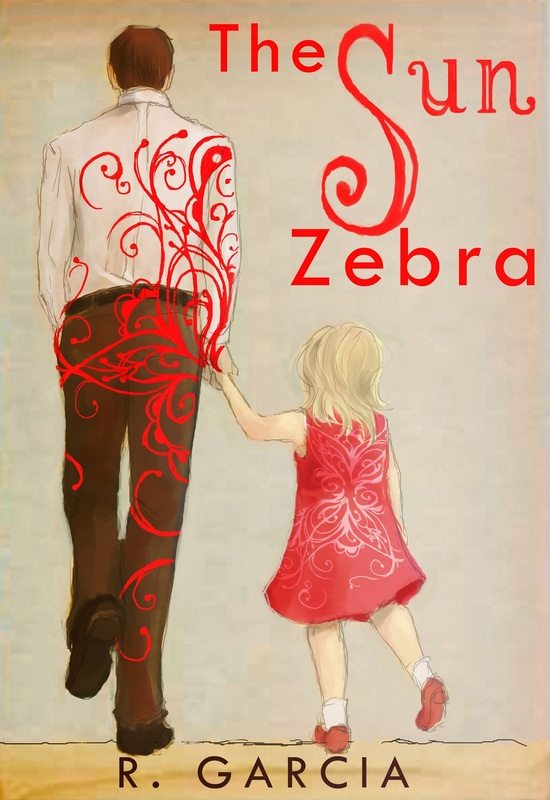
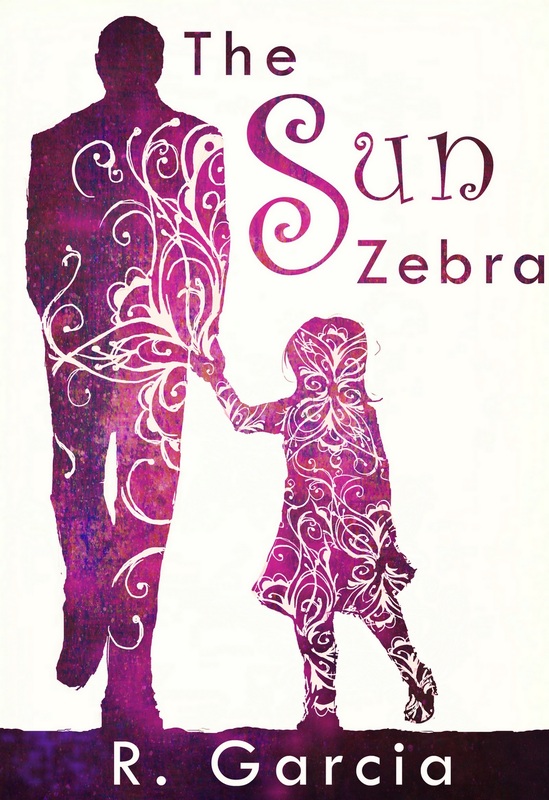
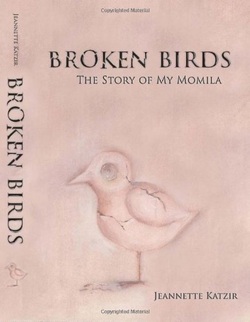
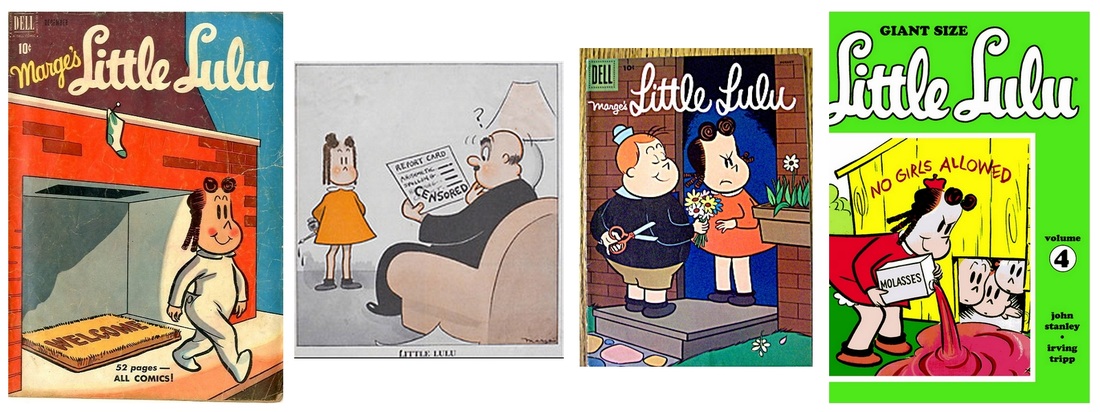
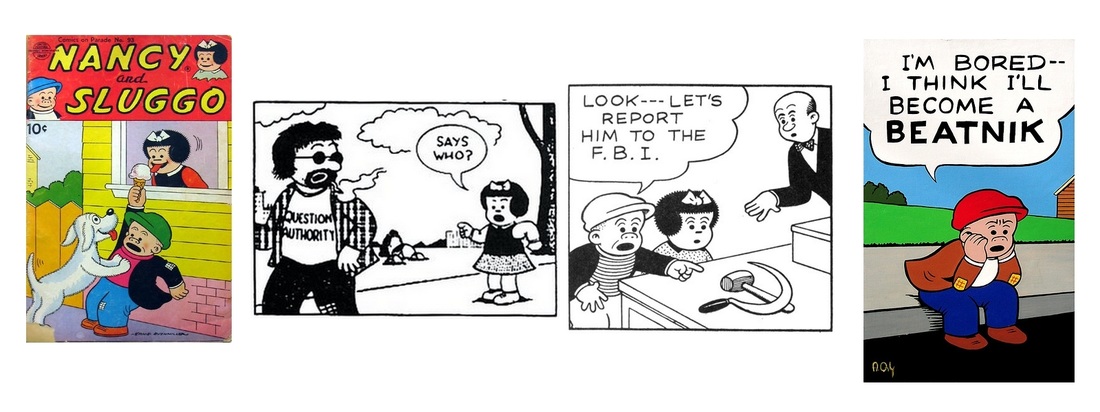
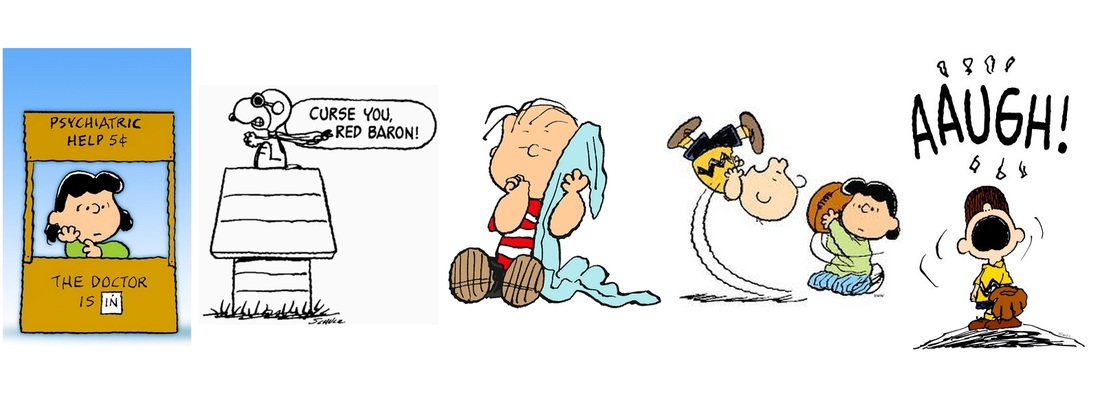
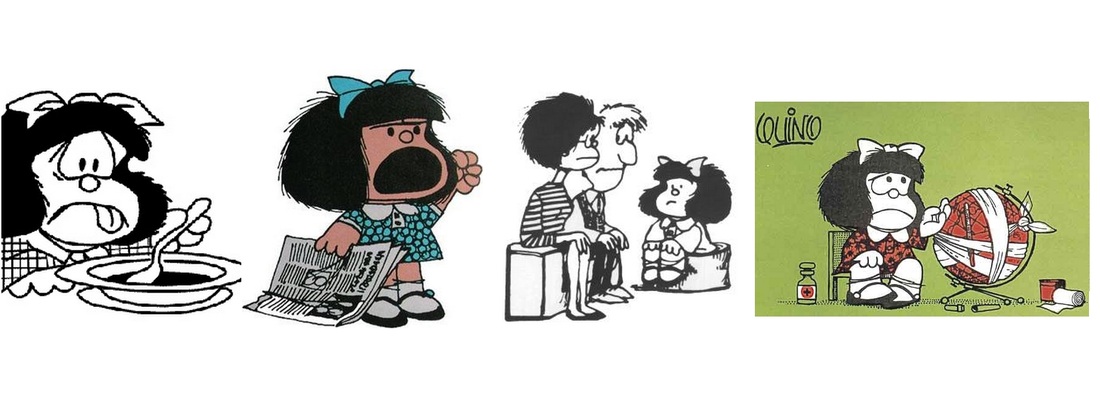
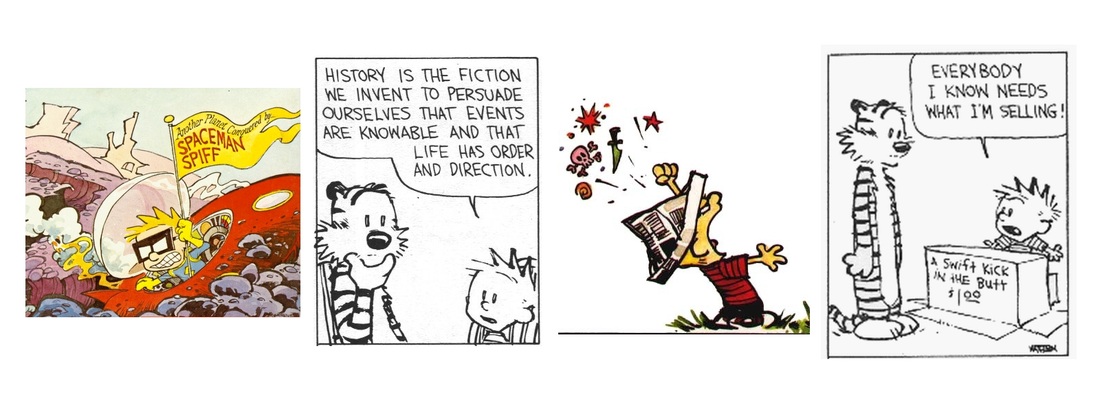
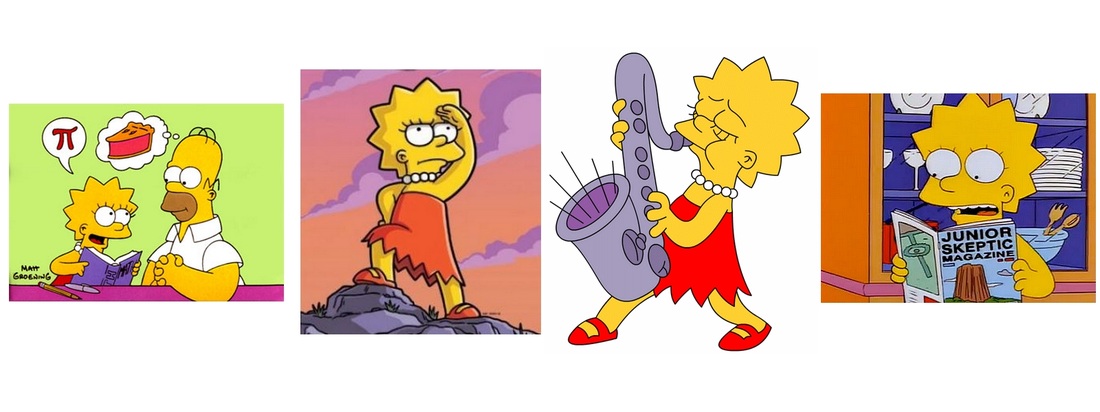

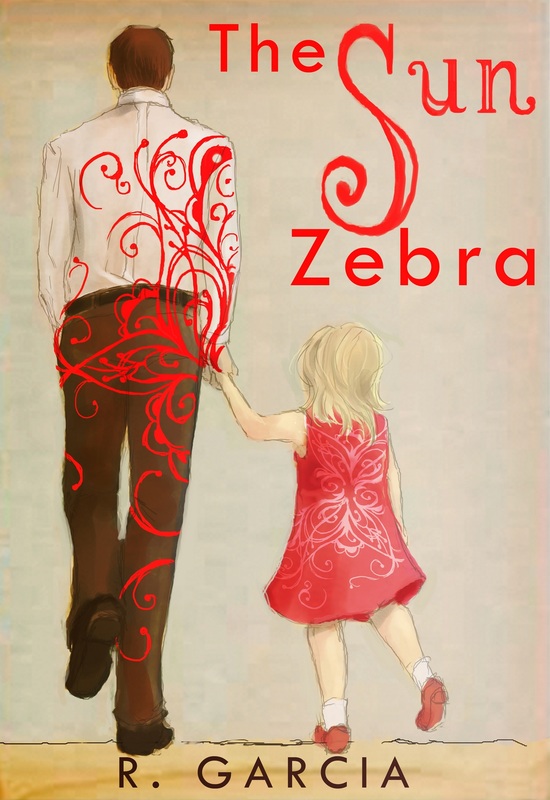

 RSS Feed
RSS Feed
